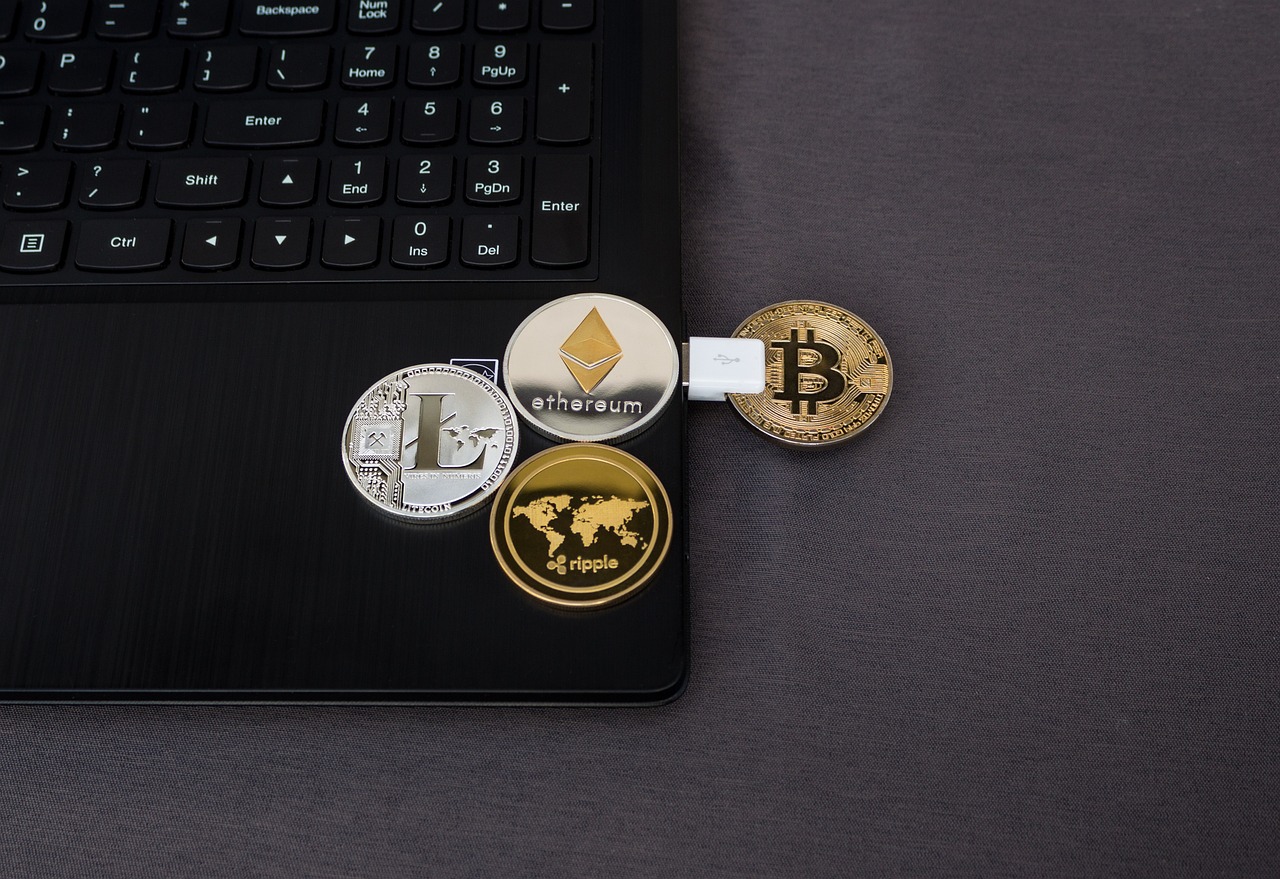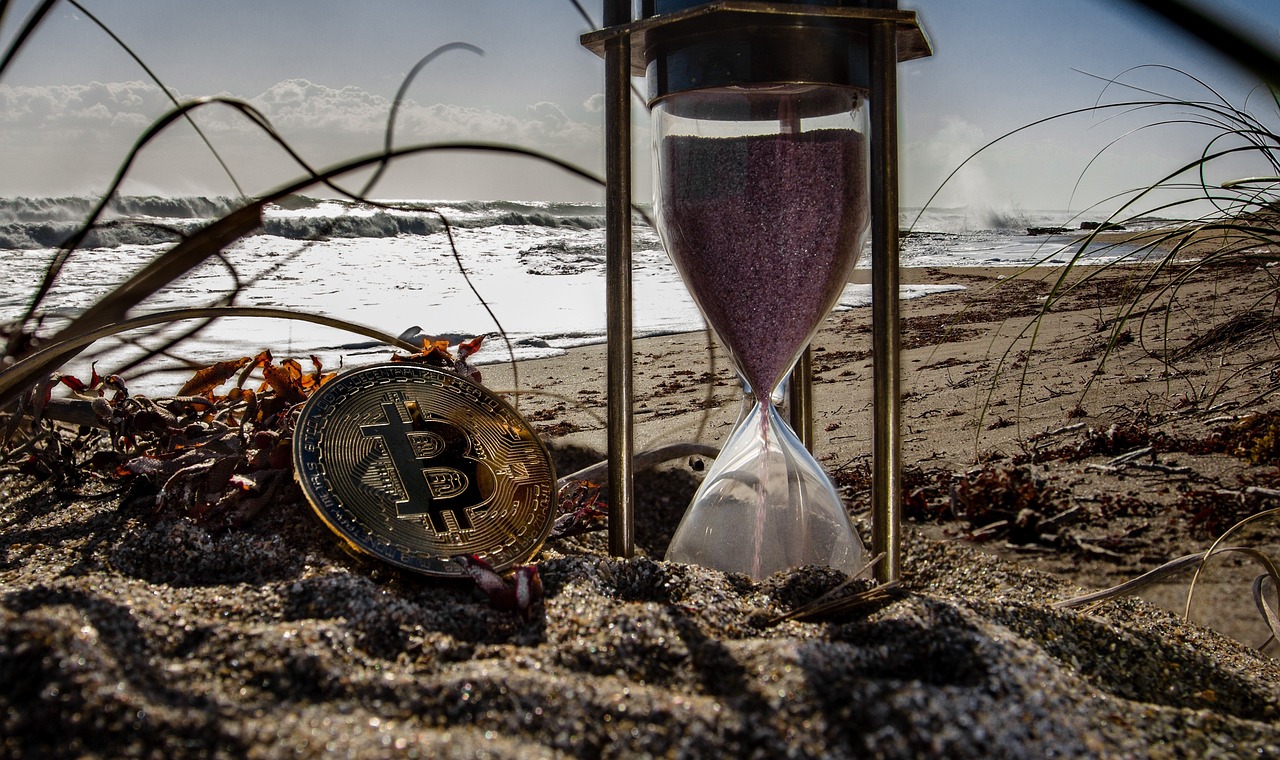Assalamu Alaikum
How are you all? Today I will discuss with you about Cryptocurrency wallet security .I will try to present my experience. I am young and have very little experience so please excuse any mistakes.
What Is a Crypto WALLET?
A crypto wallet is a fundamental element in the world of cryptocurrencies, serving as a secure way to manage your digital assets.
Software Wallet
These are applications or software programs that you can install on your computer or mobile device They generate a set of keys (a private key and a public key) to facilitate transactions and store them locally on your device. Software wallets are convenient for everyday use and are categorized into desktop wallets, mobile wallets and web wallets depending on the platform they are designed for.
Hardware wallet
Hardware wallets are physical devices designed specifically for storing cryptocurrencies. They provide an extra layer of security by keeping your private keys offline, making them less susceptible to online threats like hacking or malware. Hardware wallets are popular among long-term investors and those who want maximum security for their assets.Online wallets
Also known as web wallets or hosted wallets, these are wallets provided by third-party websites or online services. While they are convenient for quick access and transactions, they are less secure than other types of wallets, as your private keys are stored on remote servers. It is important to choose a reputable online wallet provider with strong security measures.It's like the key to your safe deposit box, and anyone with access to it can control your cryptocurrency holdings. Therefore, when using any type of crypto wallet, it is essential to implement strong security measures to protect your private keys, such as using strong passwords, enabling two-factor authentication, and keeping backups in a secure location.
Understanding the different types of crypto wallets and their associated security considerations is essential to securely managing your cryptocurrency holdings in the ever-evolving landscape of digital finance.
In today's fast-paced world of cryptocurrency, taking care of your crypto wallet security is absolutely critical. Whether you're a seasoned crypto enthusiast or just starting out, these practical tips will be your shield in protecting your valuable assets. In the ever-evolving landscape of cryptocurrencies, being vigilant about crypto wallet security is paramount.
[Source](https://pixabay.com/photos/business-computer-security-currency-3159208/)

As the field of digital assets continues to grow in importance, understanding the importance of strong security measures is imperative. Whether you're a seasoned crypto enthusiast or a novice starting your journey, these practical tips will empower you to protect your valuable assets.
Relying solely on trusting third parties is not enough, as the decentralized nature of cryptocurrency means you are your own bank. This responsibility for your financial assets places increased responsibility on your shoulders, you have to be your own guardian against potential threats.To effectively protect your crypto assets, you must be vigilant, well-informed and vigilant in your security practices. These include using strong passwords, implementing two-factor authentication, and keeping your private keys strictly confidential. Moreover, it's essential to stay updated on the latest security threats and best practices in the crypto space so you don't fall victim to scams, phishing attacks, or hacking attempts.
Essential techniques for crypto wallet security
Diversify your storage method: Consider spreading your crypto holdings across multiple wallets and storage solutions. This can help reduce the risk if a wallet is compromised. For added security you can use a combination of hardware wallets, software wallets and even paper wallets or cold storage.
Backup your wallet: Regularly backup your wallet's private keys and recovery phrases to a secure and offline location. This ensures that you can recover your funds in case of wallet loss or hardware failure.
Beware of public Wi-Fi: Avoid making crypto transactions or accessing your wallet on public Wi-Fi networks, which may be less secure.
[Source](https://pixabay.com/photos/woman-people-adult-bitkoin-3067924/)

Use a trusted and secure network when interacting with your wallet
Implement Whitelisting: Some wallets allow you to whitelist certain wallet addresses that can receive your funds. This adds an extra layer of security by only allowing transactions to predefined addresses, reducing the risk of funds being sent to the wrong recipient.Monitor your account: Regularly check your wallet and transaction history for suspicious activity. Immediately report any unauthorized transactions to your wallet provider and take immediate steps to secure your account.
Regularly review your security: Periodically evaluate and update your security measures as the crypto landscape evolves. What works today may require adjustments in the future to maintain optimal security.Today's discussion ends here. I hope you find it interesting and able to understand. Share your thoughts on today's topic. Wishes and blessings to all. Everyone stay well stay healthy stay with Steemit
Source
